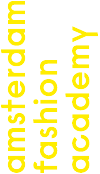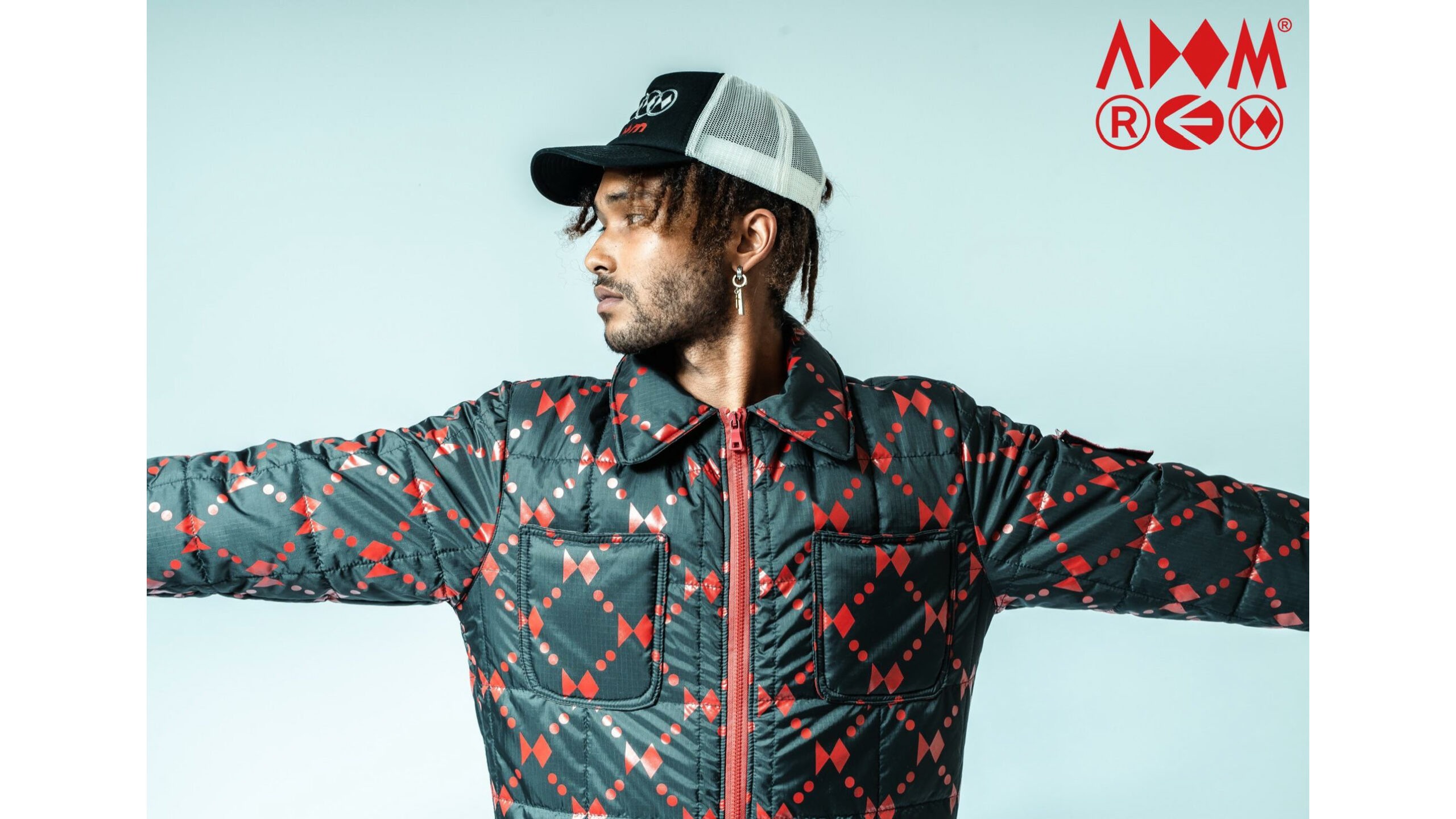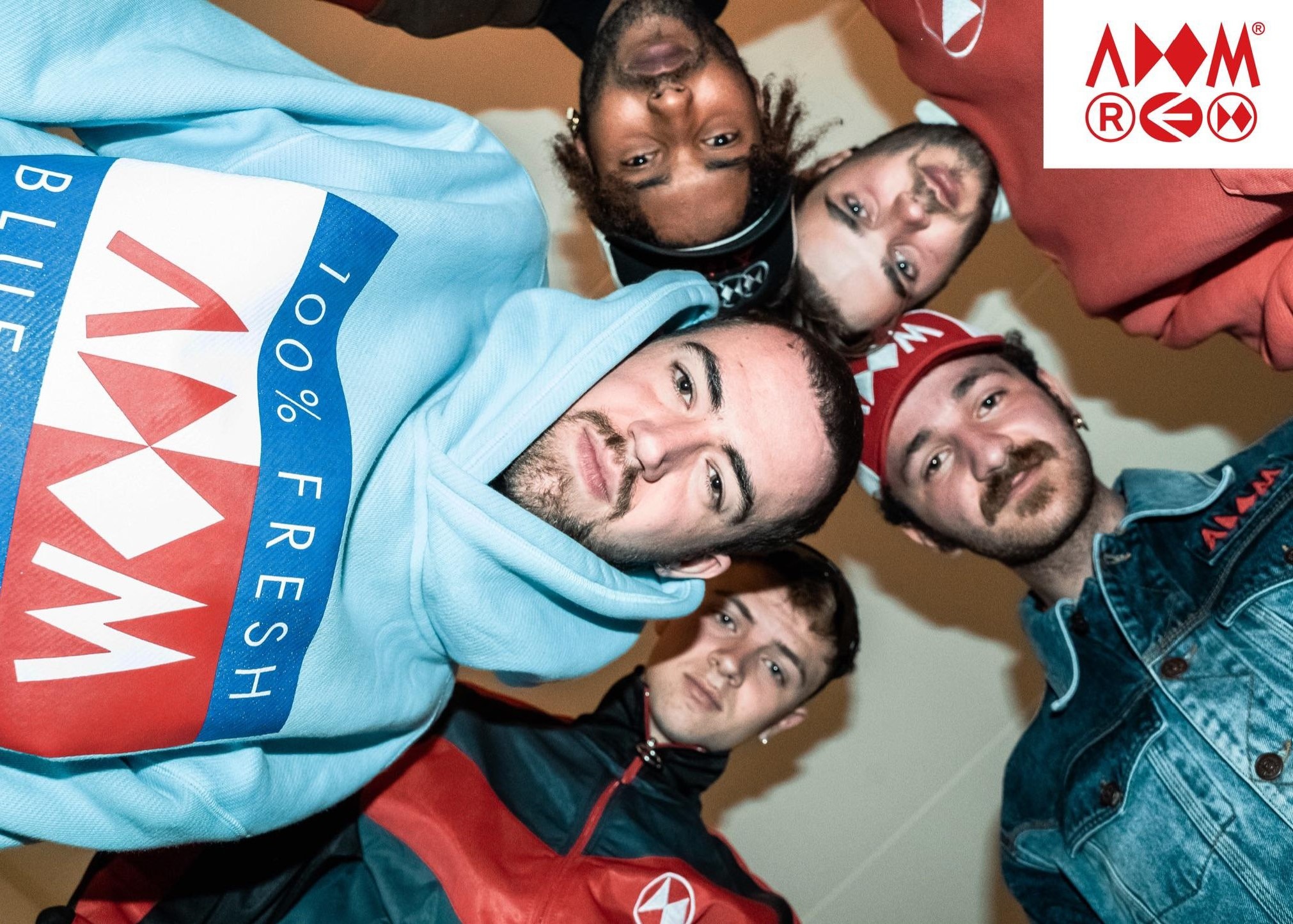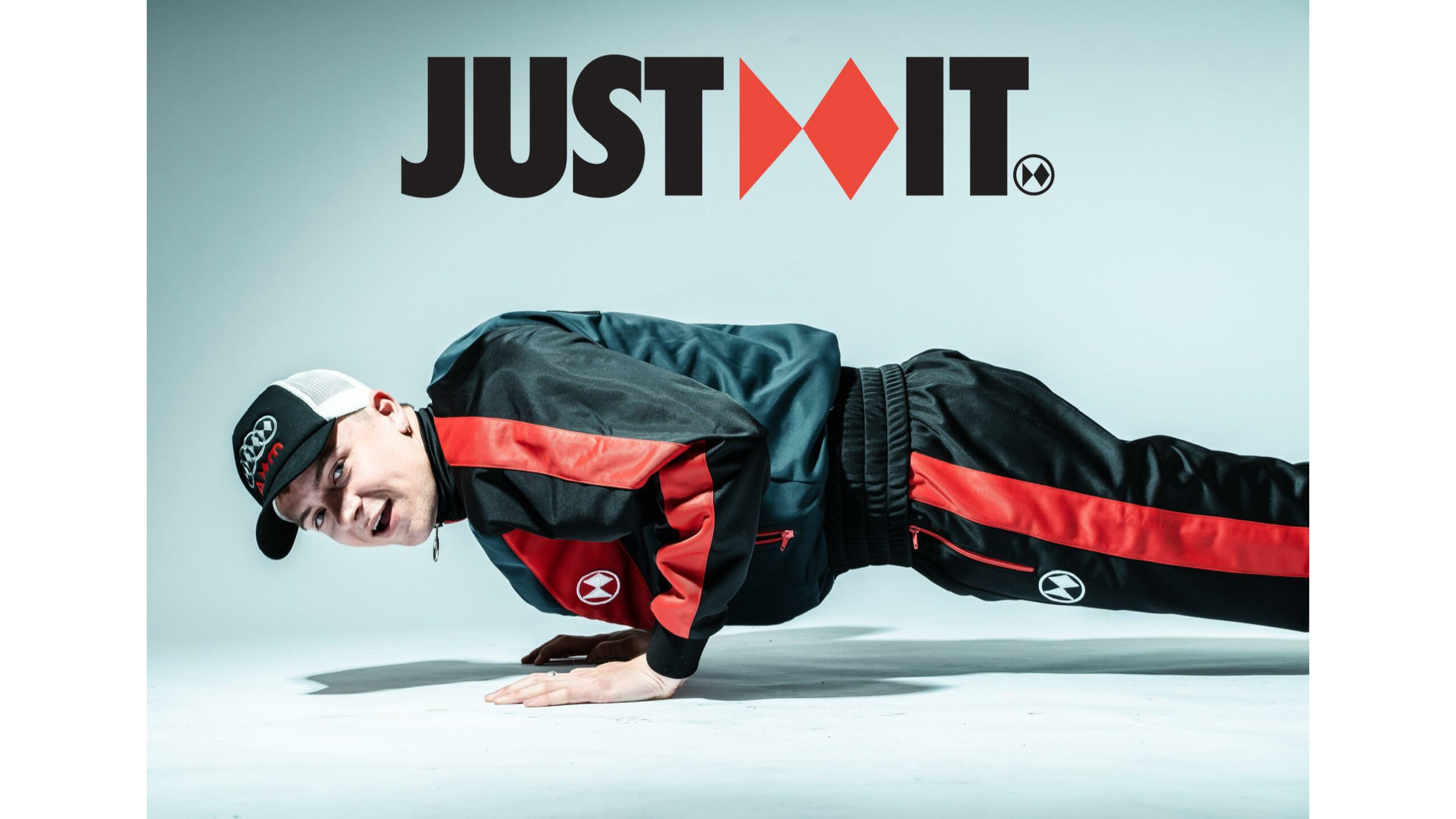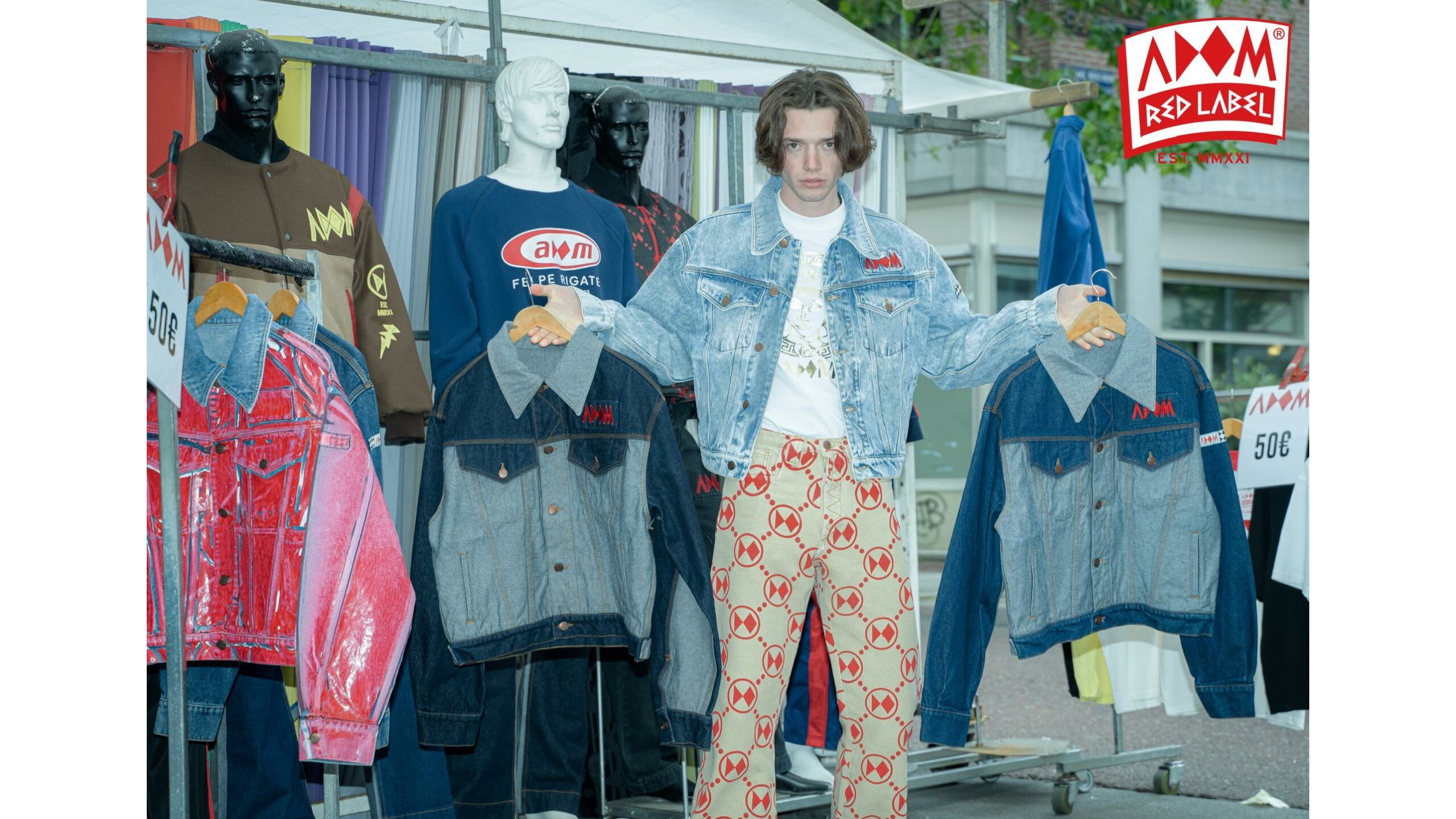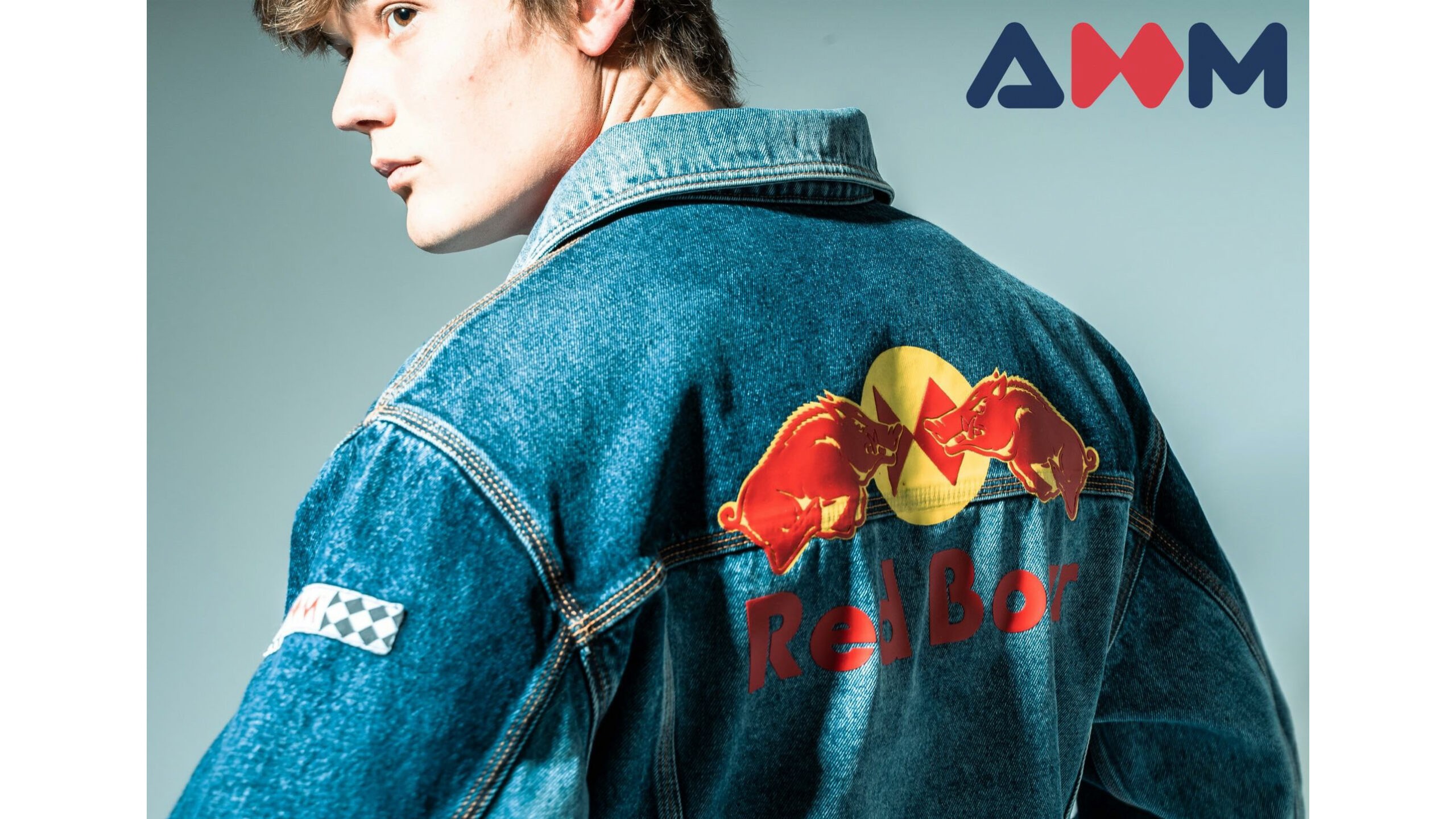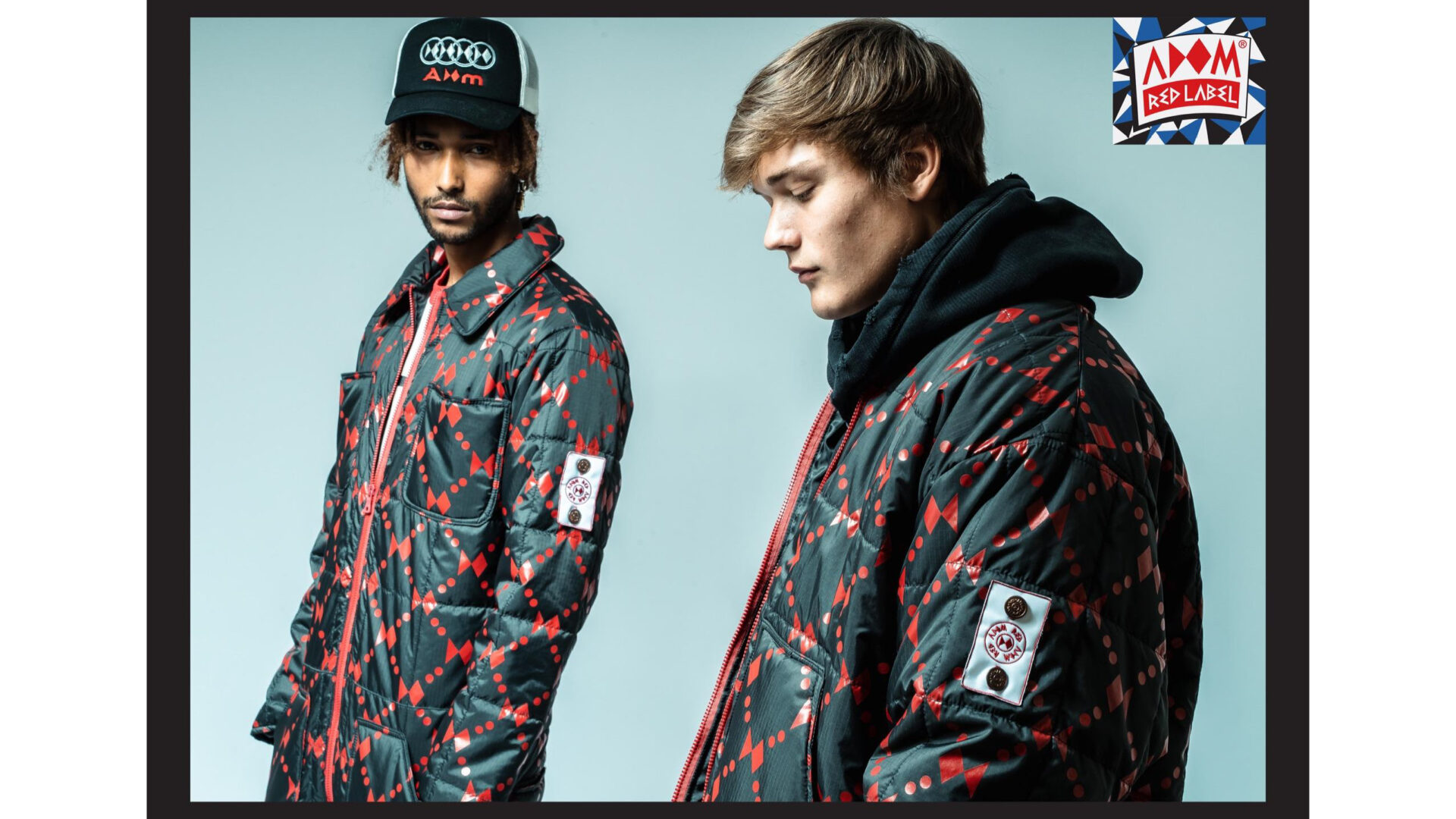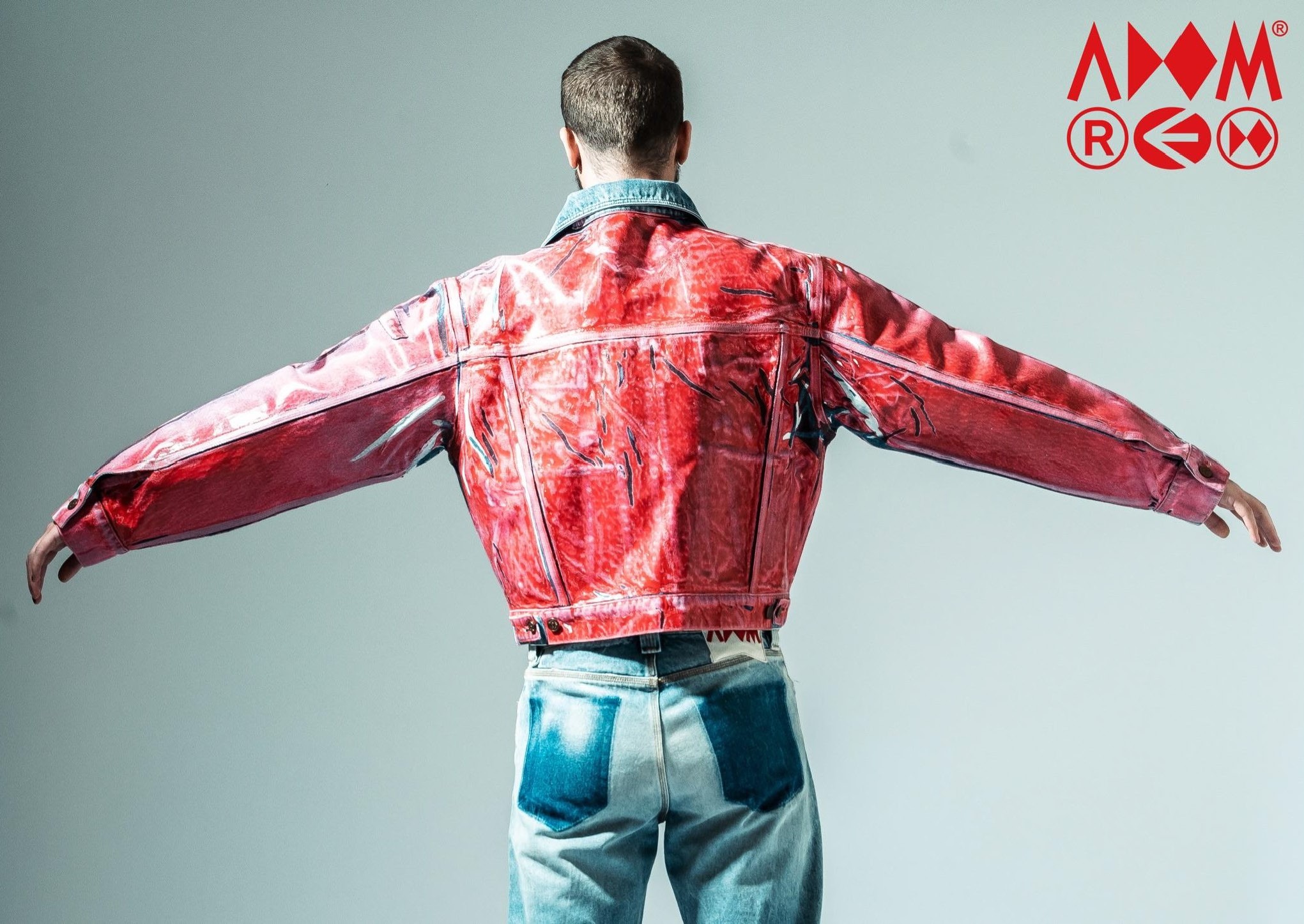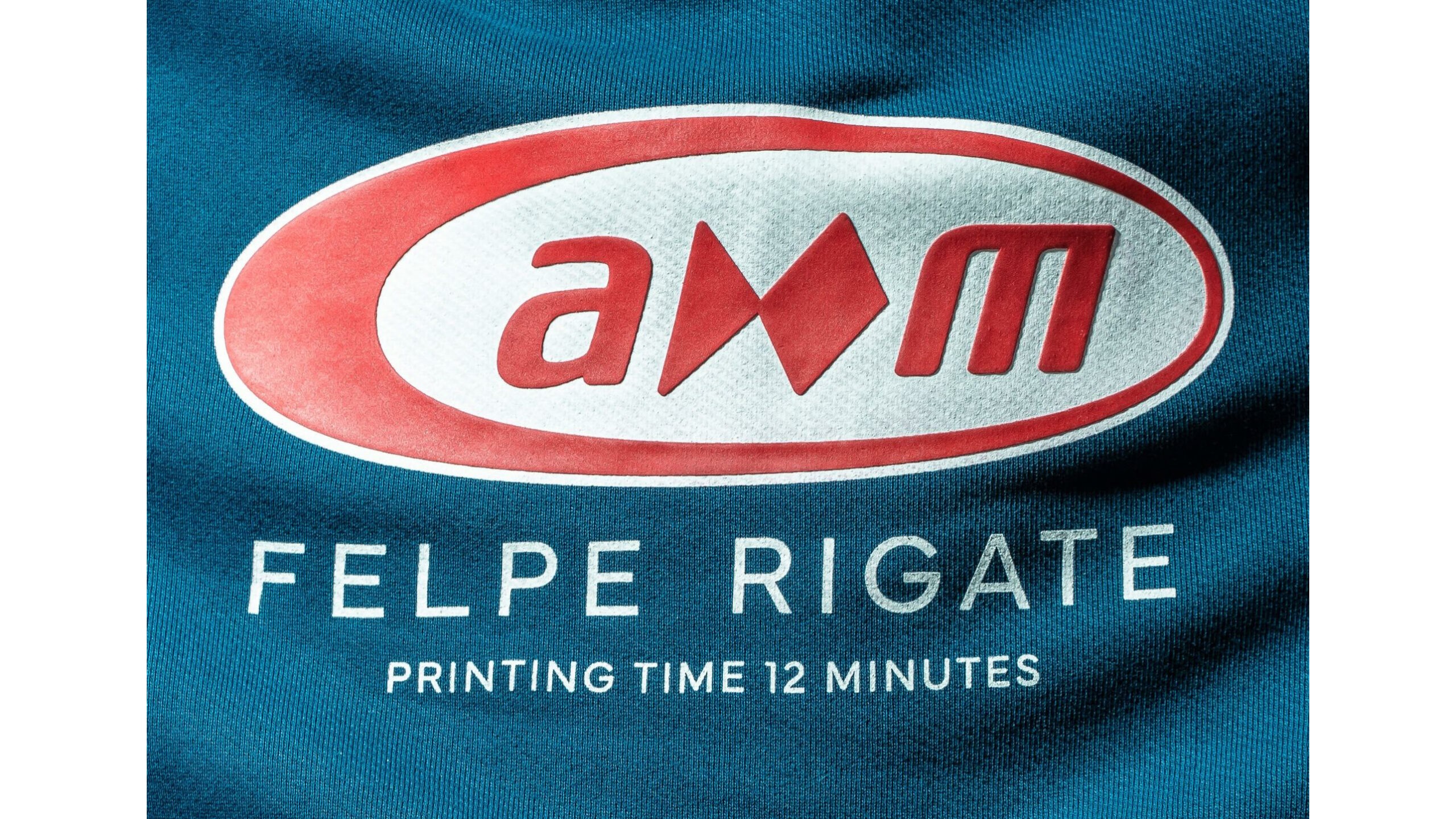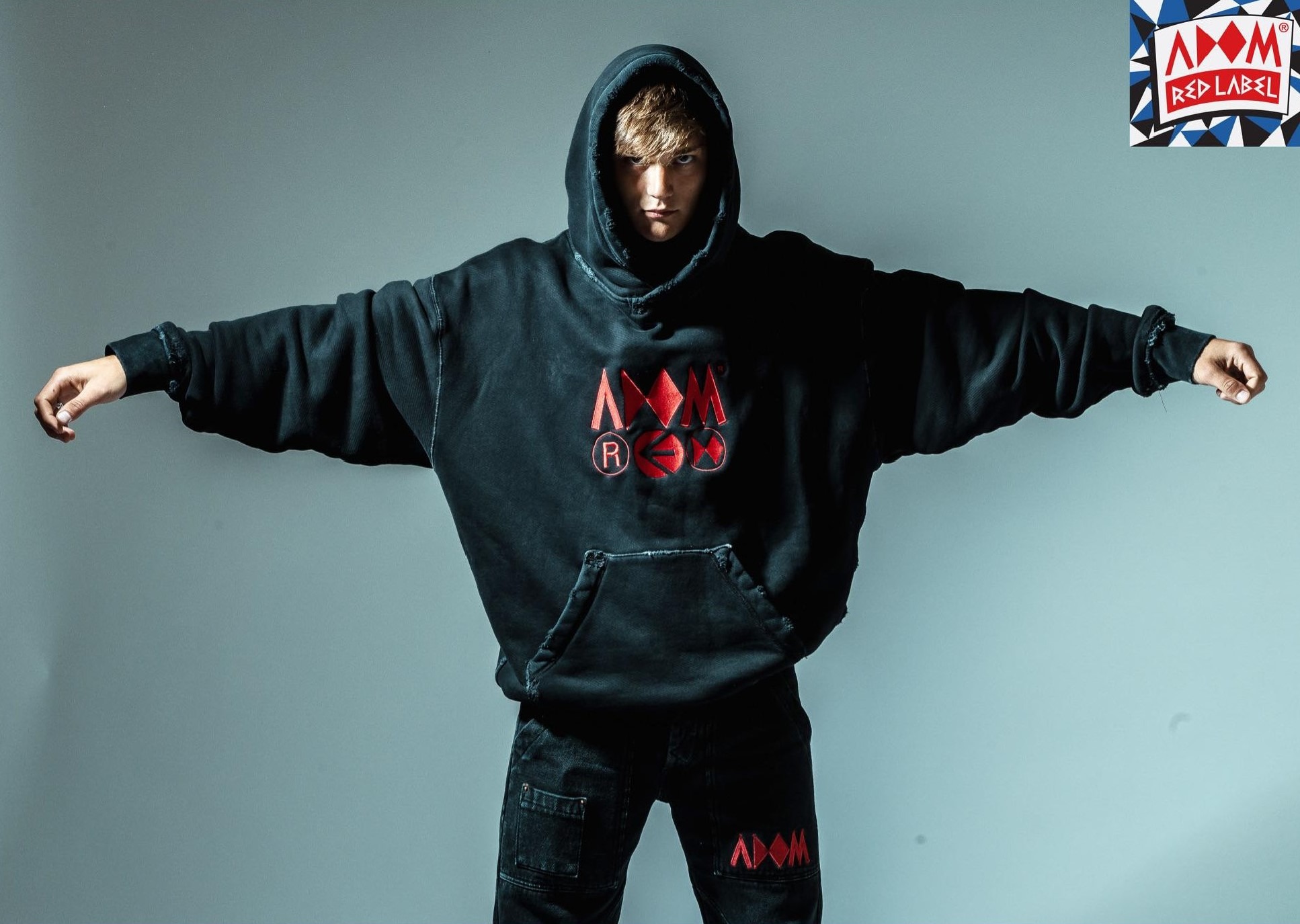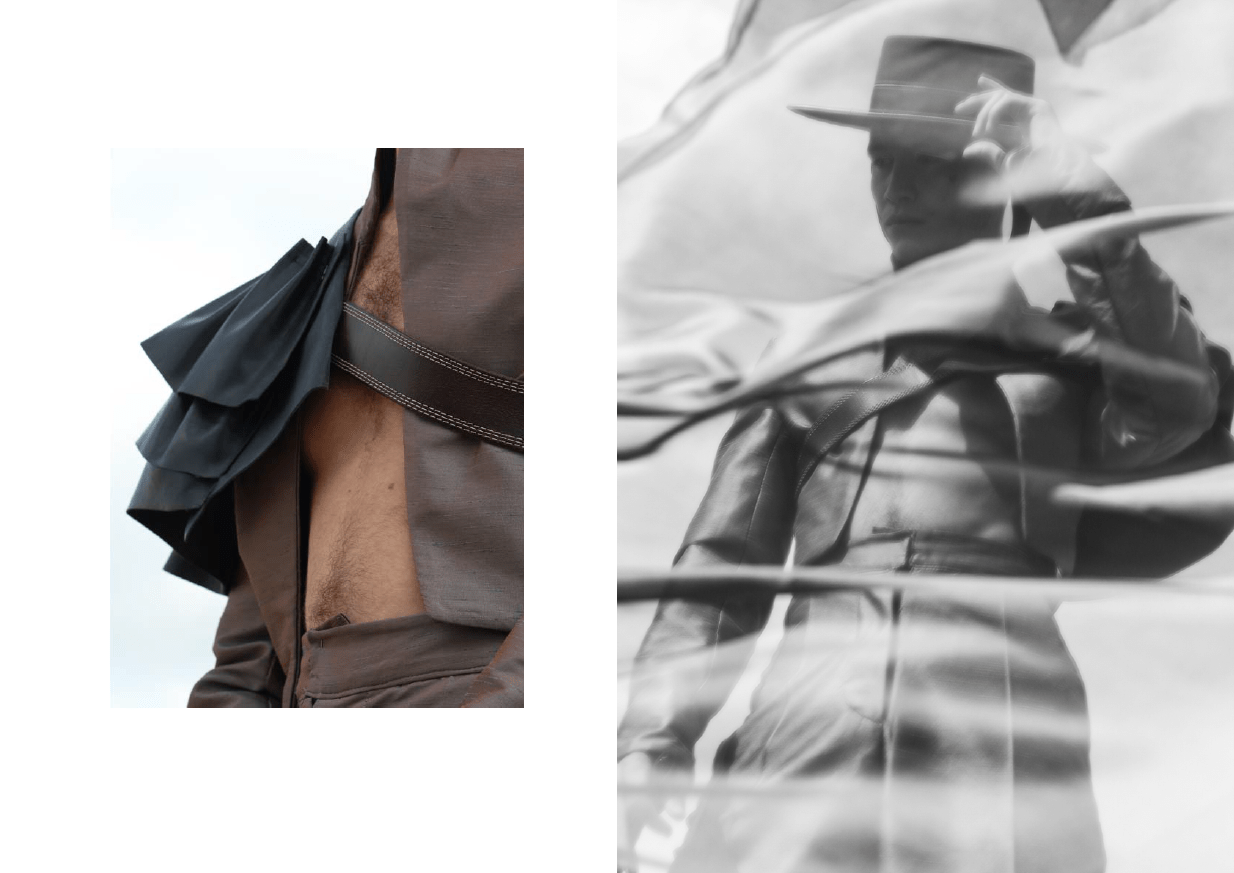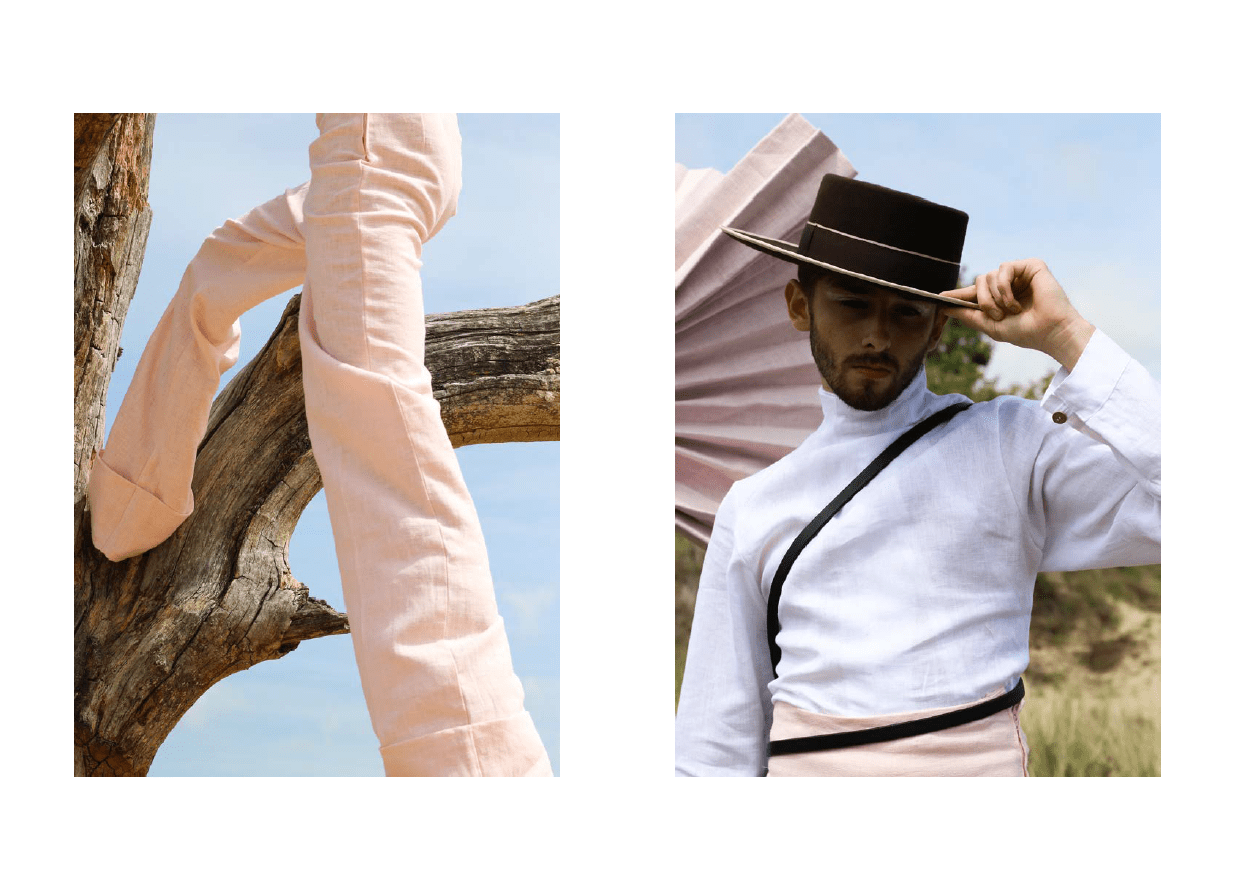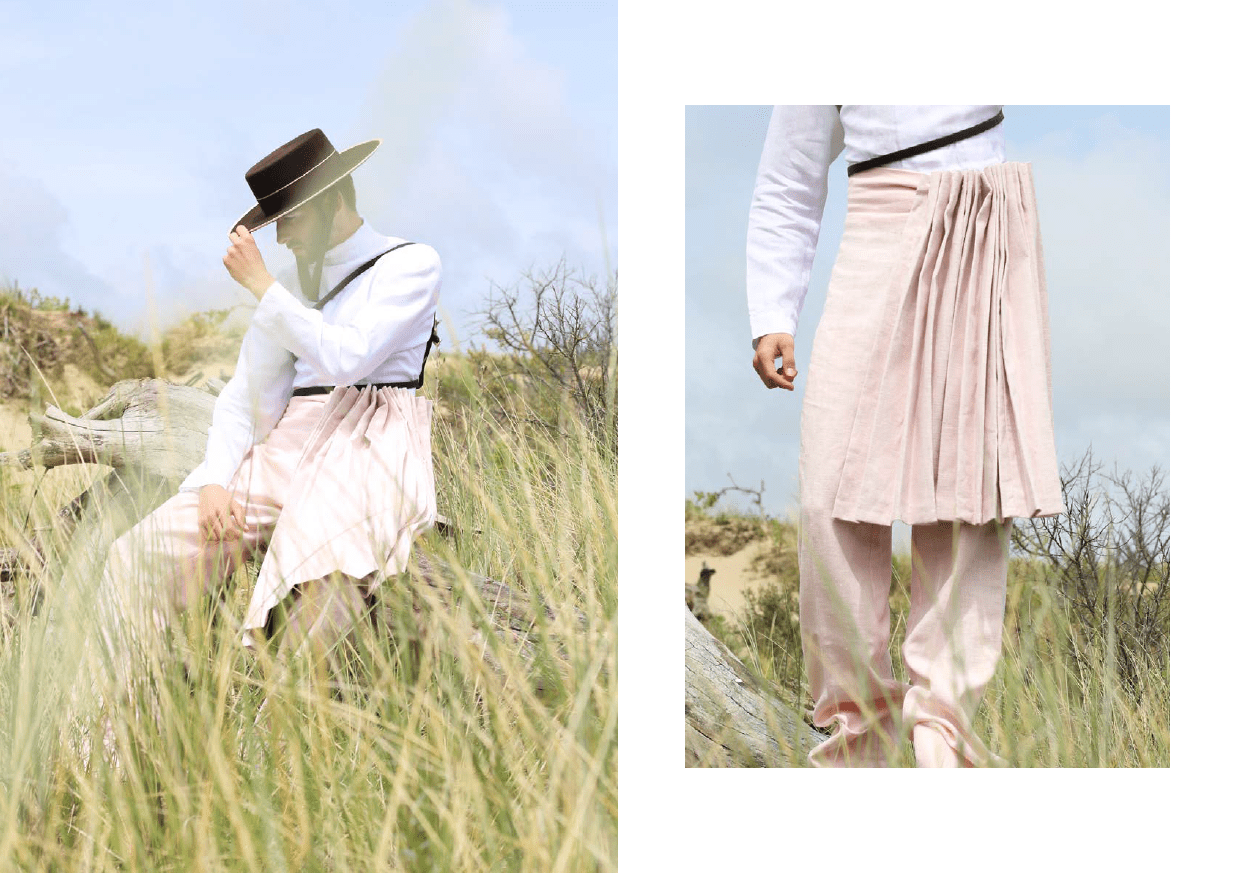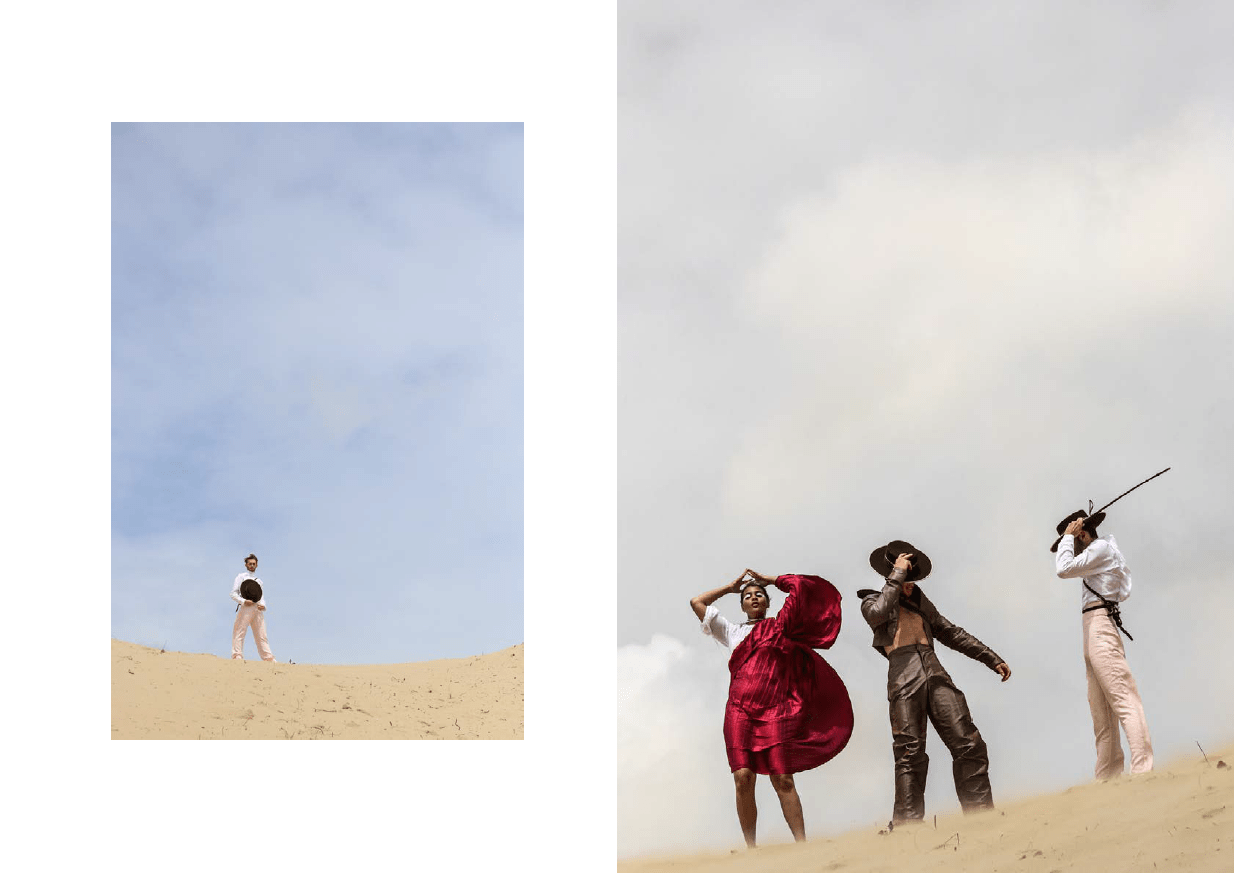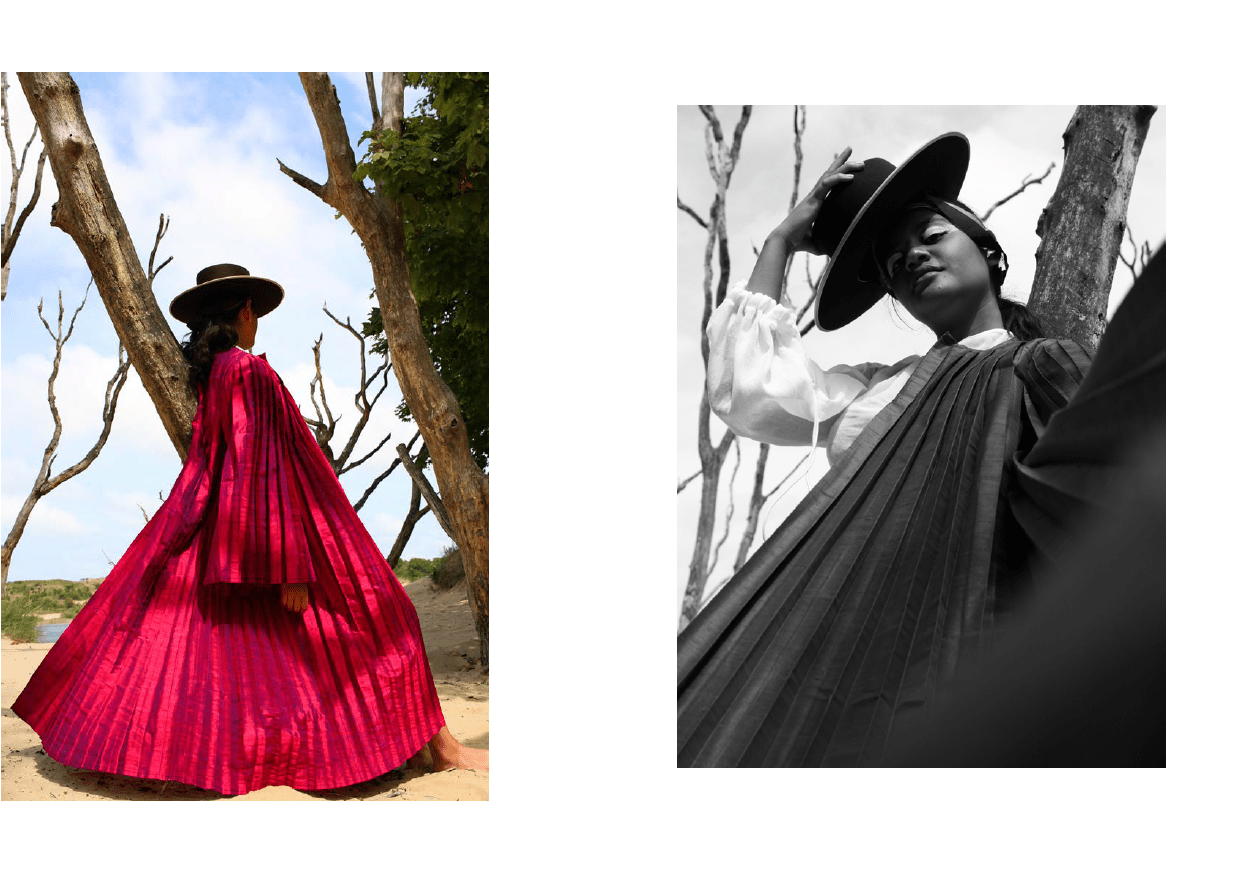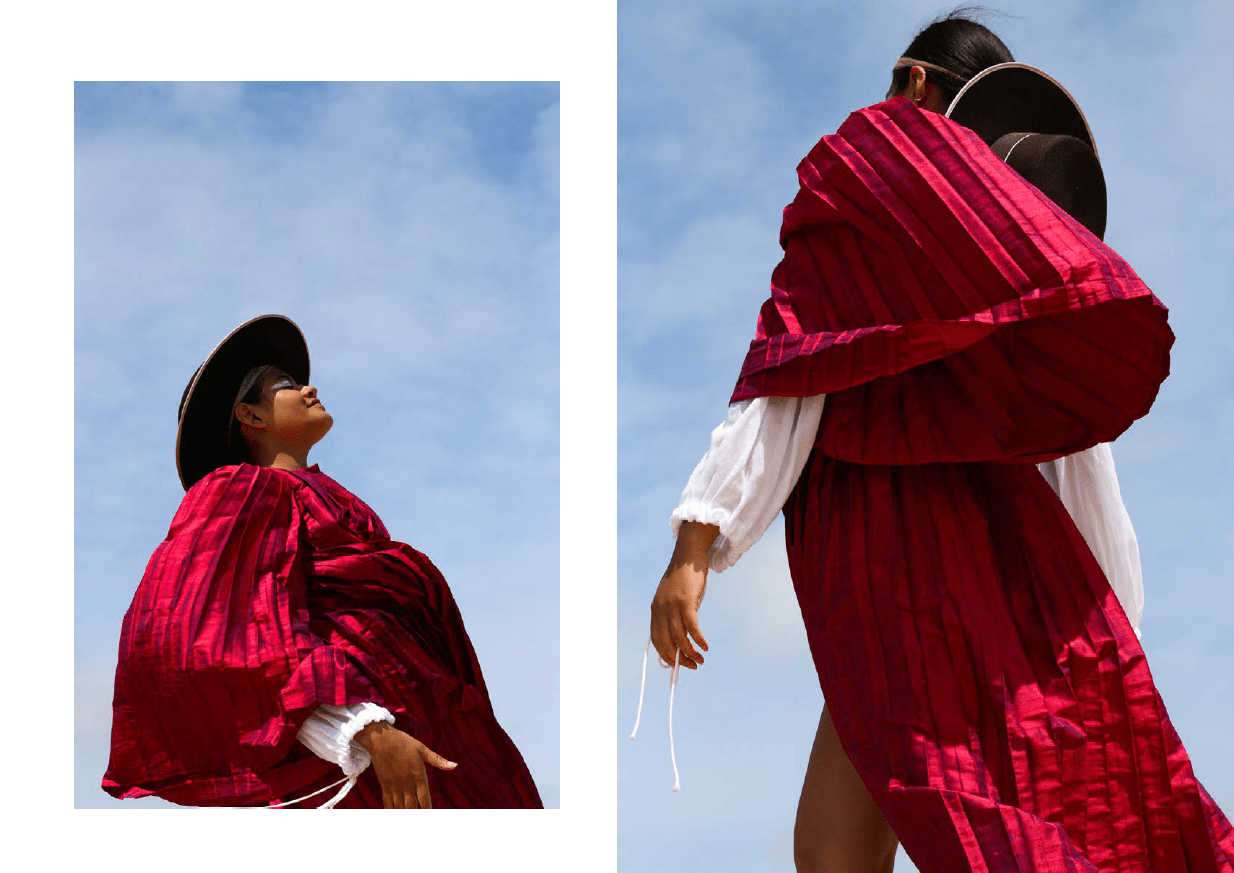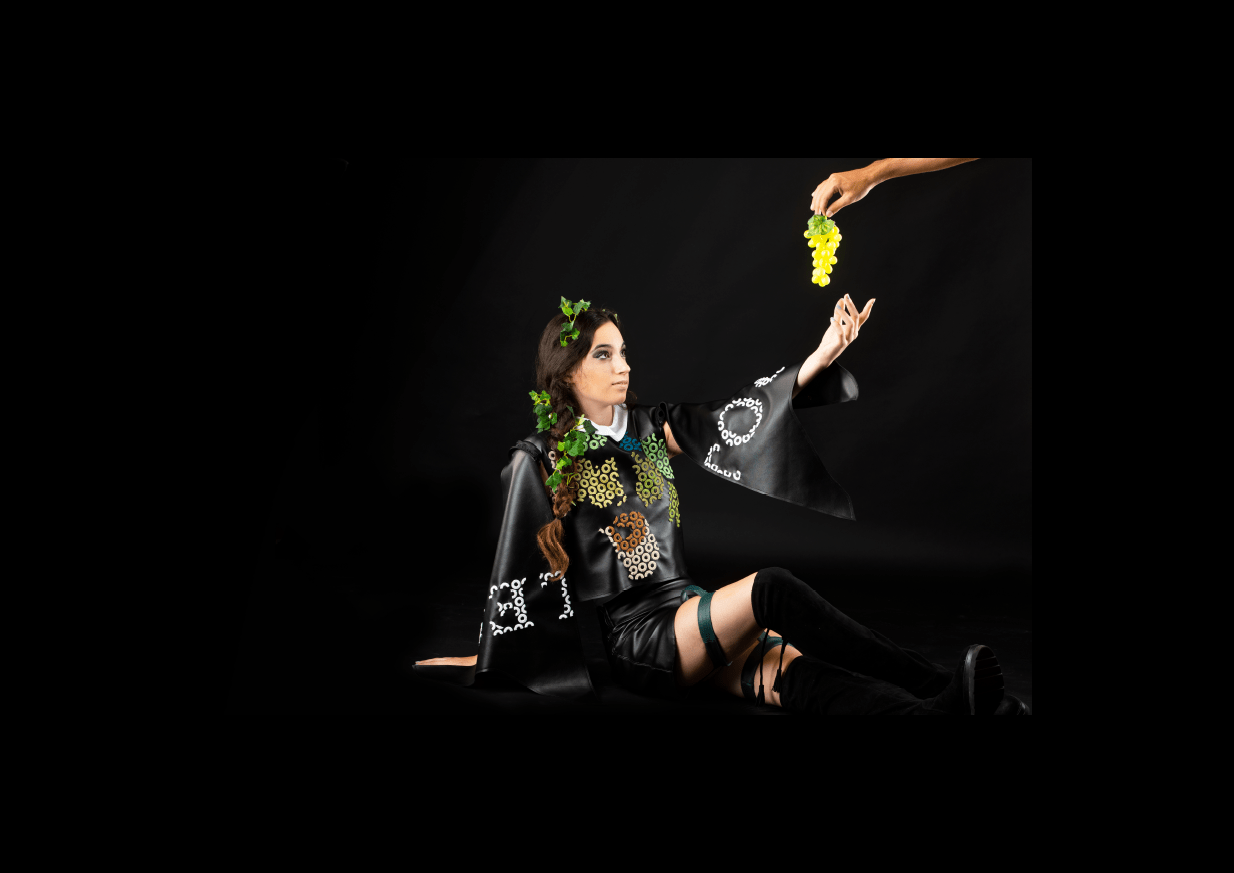Digital Fashion Business – Online Professional Course

This two-year online program prepares future leaders to drive digital innovation in fashion. It covers AI-driven marketing, smart retail, and tech-based business models, with specialized tracks tailored to career goals.
Students gain hands-on experience with emerging technologies and industry projects, staying ahead of trends in branding, retail, and supply chain management


Accreditation: Professional non-accredited programme
Duration: from 3 months up to 2 years
Language: English only
Dates: starting in November 2025
Tuition fee: € 3.500 per module; € 10.000 per 1 year (3 modules); € 18.000 per 2 years (6 modules)
Application fee: € 175 per module
Admission: applications for the academic year 2025/2026 are open.
Maximum number of students: 30 students


A Future-Forward Digital Fashion Business Program
The Digital Fashion Business program is designed for professionals and future leaders looking to navigate and shape the digital transformation of fashion. This two-year online course equips participants with cutting-edge expertise in AI-powered marketing, smart retail, and technology-driven business models, preparing them for leadership roles in the evolving fashion industry.
Students will explore how AI, automation, data-driven decision-making, and emerging technologies are redefining branding, marketing, retail, and supply chain management. The program is structured into specialized streams, allowing for tailored learning that aligns with career ambitions and industry needs.
Being a part of this program means staying ahead of industry shifts, working with advanced digital tools, and gaining practical experience through real-world applications and industry-driven projects.
Additionally, all our fashion programmes are constantly reviewed and updated in conjunction with Amsterdam Fashion Academy’s industry board; ensuring our programme materials and practises remain cutting-edge and relevant in a fast-moving industry.
Being designed in the capital of the Netherlands, the programme links closely with both global and smaller local creative industries and practitioners that embody Amsterdam’s reputation as a cool, creative and entrepreneurial city.
Course Structure
Year 1: Digital Foundations & Specialization Streams
In the first year, students build a strong digital foundation and choose between two specialized streams:
- Stream 1: Fashion Marketing & Branding in the Digital Age – AI-powered marketing, digital branding, and omnichannel strategies.
- Stream 2: Future-Fit Retail – AI-driven retail strategy, smart supply chains, and immersive consumer
Additionally, the Digital Fashion Foundations and the Digital Creative Space streams ensures all participants develop core skills in AI, ethics, practical technologies, e.g. blockchain, and digital fashion research.
Year 2: Advanced Learning & Industry Application
Students deepen their expertise by specializing in one of three advanced pathways:
- Advanced AI Marketing & Digital Brand Strategy – Personalization, data-driven branding, and experiential marketing.
- Future-Fit Retail 3 (Digital Supply Chain Management) – AI-powered supply chains, digital product development, and sustainability.
- Fashion Tech & Business Innovation – Smart finance, AI-driven decision-making, and digital
Final Capstone Project – Students validate their learning through a personalized final project, choosing from options such as internships, entrepreneurial projects, industry problem-solving, or research-driven work.
Flexible Online Learning – Designed for professionals and students worldwide. 6 hours per week minimum – Including lectures, project work, and assignments.
Upon successful completion, participants receive an official certificate, positioning them as experts in AI-driven fashion business, digital retail, and innovation strategies.
Join Us to Shape the Digital Future of Fashion with Technology!
YEAR 1
In the first year, students choose between two specialized program streams:
Stream 1: Fashion Marketing & Branding in the Digital Age,
Stream 2: Future-Fit Retail,
aligning with job roles that reflect market demands and their area of expertise.
Alongside the classes of each specific stream, the Digital Fashion Foundations builds essential fashion knowledge and research skills while integrating new technologies.
STREAM 1: FASHION MARKETING & BRANDING IN THE DIGITAL AGE
Year 1 introduces you to the next generation of fashion marketing, where AI-driven insights, digital ecosystems, and data-powered decision-making are transforming how the fashion industry connects with consumers. You will explore key industry shifts, including omnichannel engagement, automation, personalization, and AI-driven trend forecasting. Through hands-on projects, you will work with cutting-edge digital tools and technologies, developing the expertise needed to future-proof your career and lead innovation in fashion marketing and brand communication.
Core Topics (3 Terms, 12 Weeks Each):
-
-
-
- AI-Driven Marketing: Personalization, Predictive Analytics & Automation
- AI-Powered Trend Forecasting
- Strategic Digital Branding
- Digital Consumer Experience: Psychological Drivers of Fashion in the Digital Age
- Integrated AI Tools & Digital Creative Technologies
- Digital Communication & Publication
- Omnichannel Marketing & Digital Spaces for Fashion
-
-
Capstone Project:
Digital Fashion Brand Publication & AI-Driven Consumer Engagement Strategy
Objective:
Develop a digital-first brand concept.
Outcome:
-
-
-
- AI-powered branding & storytelling
- Data-driven marketing strategies
- Omnichannel brand engagement model
- Interactive digital content
-
-
Learning Outcomes:
-
-
-
- Understand and Analyze Fashion Branding & Consumer Behavior
- Apply Data-Driven and AI-Powered Marketing Strategies
- Develop a Future-Ready Digital Brand Strategy
-
-
YEAR 2
Year 2 is about applying the knowledge you learnt in the first year. This year has more of an industry and market focus to help you prepare for your internship.
At the same time, from March onwards, you will go on your internship. You are supported throughout the first semester in preparation for your internship and your lecturer will also practise interview techniques with you and help with applications. We have a network for internships but of course, you are free to choose where you wish to complete your internship, including abroad. Internships last 3-5 months.
Portfolio Two
- Fashion Design — building on your first-year knowledge, you will work to industry standards, employing a more professional approach to design.
- Fashion Illustration — techniques are refined to better help you communicate design ideas to industry standards.
- CLO3D — an introduction to cutting-edge 3-D digital software program CLO3D, used to create digital garments.
Design Realisation
- Advanced Pattern Cutting & Construction — building on techniques learnt in Year 1 with the aim of creating more complex, technical garments.
- Draping Techniques — or fabric manipulation/three-dimensional design, a technique that allows you to sculpt garments directly on a mannequin.
Contextual Studies & Theories
- Cultural Histories — continuing on from where Year 1 ended, up to the modern day.
- Fashion Theory — you will develop a profound insight about fashion within its cultural context and gain knowledge of the appropriate theories, themes and authors and be able to apply, discuss and argue the issues offered.
- Research Methodology — in this critical module, you’ll develop strong research skills tailored to the fashion industry. Explore effective research techniques, data analysis, and trend forecasting methods, empowering you to stay ahead of the curve and make informed design decisions in a dynamic fashion landscape.
- Theoretical Analysis — dive into the intellectual side of fashion as you explore theories, concepts, and critical perspectives that underpin the industry. This module encourages you to dissect and analyze fashion from a theoretical lens, enhancing your ability to create fashion that tells meaningful stories and reflects societal influences.
- Written Expression of Ideas — sharpen your ability to communicate your creative vision effectively through the written word. This module empowers you with the skills to articulate your fashion concepts, inspirations, and design philosophies in a compelling and coherent manner, ensuring your ideas resonate with clarity and impact.
Industrial Practice In Global Context
- Go-To-Market Project — you will learn how to effectively build a brand and market it appropriately.
- Business Plan — linked to the go-to-market project, you decide on an idea, begin to develop a business plan and see how it feels to be your own boss!
- Internship Preparation — preparing for internship by learning how to apply to a company, interview techniques and how to conduct themselves on a personal level whilst completing an internship. Students maintain contact with their lecturers for the entirety of their internship, so they have support.
- Action Plan & Report — prepare for your internship journey by crafting a strategic action plan and report. This module guides you in setting clear objectives, developing a structured plan, and documenting your experiences to maximize your learning and professional growth during your internship in the fashion industry.
Year 1 tuition fee:
The Year 1 early bird tuition fee of € 16.000 is available for students who apply on or before the 9th of February, 2024 and enrol by the 26th of April 2024.
The tuition fee for students who apply after the 15th of May, 2024 is € 17.000.
Year 2 and 3 tuition fees:
The tuition fee for students who progress to the following year with no resits is € 16.000.
The tuition fee for students who progress to the following year with one or more resits is € 17.000.
Application fee: €350
The application fee is due at the moment of application and is non-refundable unless the Amsterdam Fashion Academy won’t accept you in the programme. This is a one-time fee, so you only need to pay during in the process of admission.
Tuition fee:
Students who apply before the 9th of February, 2024 will be invited to an Interview Day or Admission Interview. If the student is accepted, a deposit (20% of the early bird tuition fee) is required before the 29th of March, 2024. The remaining amount must be paid before the 15th of July 2024, or according to the payment plan agreed previously.
Students who apply after the 9th of February, 2024 won’t be able to attend an Interview Day, but will have a personal admission interview on an agreed date. If the student is accepted, we will request the payment of a deposit (20% of the tuition fee) 3 weeks after the acceptance date. The remaining amount must be paid before the 15th of July, 2024 or according to the payment plan agreed previously.
Payment Plans
Option 1 (no surcharge)
- 20% payment before 29th of March, 2024 (early bird tuition fee), or 3 weeks after acceptance (regular tuition fee).
- 80% payment before July 15th, 2024
Option 2 (+3% surcharge)
- 20% payment before 29th of March, 2024 (early bird tuition fee), or 3 weeks after acceptance (regular tuition fee).
- 40% payment before July 15th, 2024
- 40% payment before January 15th, 2025
Option 3 (+5% surcharge)
- 20% payment before 29th of March, 2024 (early bird tuition fee), or 3 weeks after acceptance (regular tuition fee).
- 20% payment before July 15th, 2024
- 20% payment before October 15th, 2024
- 20% payment before January 15th, 2025
- 20% payment before April 15th, 2025
DUO
Students with a Dutch passport and who have resided in the Netherlands for at least three of the preceding six years prior to the date of enrolment are eligible for student finance (studiefinanciering) from DUO.
The Amsterdam Fashion Academy is a non-governmental and non-subsidized institute.
Fees are equal for Europen and non-European students.
Please be informed that we are not legally able to sponsor non-EEA students for a study visa. Applicants must have an EEA passport (27 EU member states; Iceland; Liechtenstein; Norway; Switzerland) or Dutch residents permit to study in the BA (Hons) Fashion Design.
Students must have one of the following high school diplomas:
- International Baccalaureate Diploma minimum 28 points;
- Foundation Diploma in Art & Design (Level 3);
- European Baccalaureate;
- Austria: Reife- und Diplomprüfungszeugnis or Reifezeugnis/Reifeprüfungszeugnis;
- Belgium: Certificat d’Enseignement Secondaire Supérieur, enseignement artistique/technique or general; or KSO, TSO, ASO;
- Bulgaria: Diplomaza Sredno Obrazonvaine (Diploma of Secondary Education);
- Croatia: Svjedodžba o (državnoj) maturi or Svjedodžba o zavrsnom ispitu;
- Czech Republic: Vysvědčení o maturitní zkoušce obtained at a Gymnázium;
- Denmark: Højere Handelseksamen (HHX)/Højere Teknisk Eksamen (HTX) or Studentereksamenbevis (STX)/Bevis for Højere Forberedelseseksamen (HF);
- Estonia: Gümnaasiumi lõputunnistus;
- Finland: Ylioppilastutkintotodistus/ Studentexamenbevis/ Matriculation Examination Certificate;
- France: Baccalauréat Technologique or Général;
- Germany: Zeugnis der Allgemeinen Hochschulreife (Abiturzeugnis) or Fachhochschulreife;
- Greece: Apolytirio Genikou Lykeiou;
- Hungary: Gimnáziumi Érettségi Bizonyítvány or Szakközépiskolai Érettségi-Képesítö Bizonyítvány;
- Ireland: Leaving Certificate with at least 5 subjects of the established programme, including 5 subjects with at least O6 or H7, and at least 200 CAO points; or Leaving Certificate with at least 6 subjects of the established programme, including at least 2 subjects with H5 or higher, 4 subjects with at least O6 or H7, and at least 350 CAO points.
- Italy: Diploma di Superamento dell’Esame di Stato Conclusivo dei Corsi di Istruzione Secondario Superiore (liceo classico / scientifco / linguistico / scienze umane);
- Lithuania: Brandos Atestatas;
- Luxembourg: Diplôme de fin d’études secondaires classiques or générales; or Diplôme de technicien (DT);
- Netherlands: MBO 4, HAVO 5, VWO 6;
- Norway: Vitnemål for Videregående Opplaering;
- Poland: Świadectwo dojrzałości (maturiteitscertificaat);
- Portugal: Diploma/Certificado/Cer tidão do Ensino Secundário;
- Romania: Diplomă de Bacalaureat;
- Slovakia: Vysvedčenie o maturitnej skúške obtained at a Gymnázium or a Vysvedcenie o Maturitnej Skuske with a minimum overall score of 2.4;
- Spain: Título de Bachiller;
- Sweden: Högskoleförberedande Examen;
- Switzerland: Berufsmaturität/ Fachmaturität/ Specialised Maturity Certificate; or Maturity Certificate/ Maturitätszeugnis/ Maturitätsausweis/ Certificat de Maturité;
- UK: BTEC Level 3 National Extended Diploma; or Access to HE Diploma; or 4 GCSEs (with grade A* to C or 9 to 4) plus 2 subjects at AS level (with grade A* to C); or 4 GCSEs (with grade A* to C or 9 to 4) plus 2 subjects at A level (with grade D/E); or 3 GCSEs (with grade A* to C or 9 to 4) plus 3 subjects at A level (with grade A* to C).
- USA: US High School Diploma with GPA 2.8 or better, plus SAT scores (if taken in 2016 or later) of 1050 or better; or US High School Diploma with GPA 2.8 or better, plus SAT scores (if taken before 2016) of 1600 or better; or US High School Diploma with GPA 2.8 or better, plus two or three Advanced Placement tests with scores of 3 or better; or US High School Diploma with GPA 2.8 or better, plus ACT scores of 24 or better; or a transcript showing successful completion of one year of a Bachelor’s degree from a recognised American university with GPA 2.0
- For other countries, please contact us.
Portfolio
What are we looking for in your portfolio?
- School art projects that show working and experimenting with various media;
Research skills; - Creative curiosity;
- Willingness to experiment;
- Playing with line, colour, shadow etc.;
- Show your developments as well as your final pieces;
- If you have sewing skills take good photo’s of your garments;
Never studied fashion design before?
We know most students have never studied fashion design before, however personal fashion design projects show you are proactive and engaged with the subject. A basic fashion project should include:
- Mood board: images that inspire you to create;
- Colour palette: use your imagery to select colours for your designs;
- Designs: can be collages, drawings etc.
If you need guidance in building up your portoflio, please let us know. We will be more than happy to give you personal help.
Step 1: Fill out the Request for Information form or sign up to an Open Day; (this is not mandatory)
Step 2: We will send you more details by email and we will schedule a call or meeting with you; (this is not mandatory
Step 3: Submit the application form; letter of motivations, digital portfolio, secondary school diploma or transcript of grades or proof of enrolment.
Step 4: We will invite you to attend an Interview Day or an interview on campus or online on another date.
After evaluating your application, we will might invite you to attend an Interview Day.
The Interview Day is a big opportunity to experience the Amsterdam Fashion Academy for a full day, meet other international applications, explore Amsterdam and work with your future lecturers. Thanks to the Interview Day, you will have a clearer idea if the Amsterdam Fashion Academy is the right place for you.
*The interview will take approx. 1 hour.
Depending on that date of the submission of your application, we will invite you to the first available Interview Day.
We will communicate you the result of your Interview Day within two weeks after the interview.
ADOM Red by Nathan Barilari Hassan
Rebecca van Caem
Edurne Goikoetexea
The Amsterdam Fashion Academy Bachelor with (Hons) in Fashion Design programme unlocks a wide array of career possibilities within the fashion industry. Our comprehensive curriculum equips you with the skills and knowledge needed for various roles in the field such as:
- Fashion designer
- Pattern cutter
- Textiles designer
- Knitwear designer
- Product developer
- Fashion buyer
- Fashion journalist
